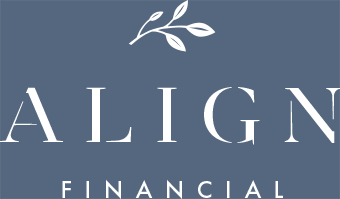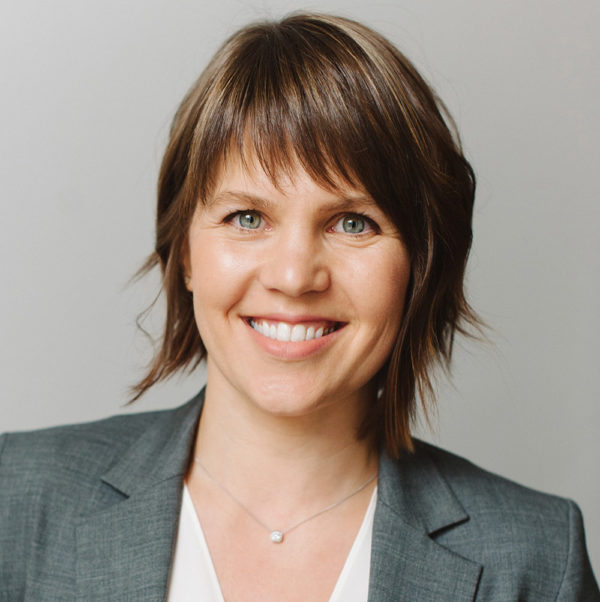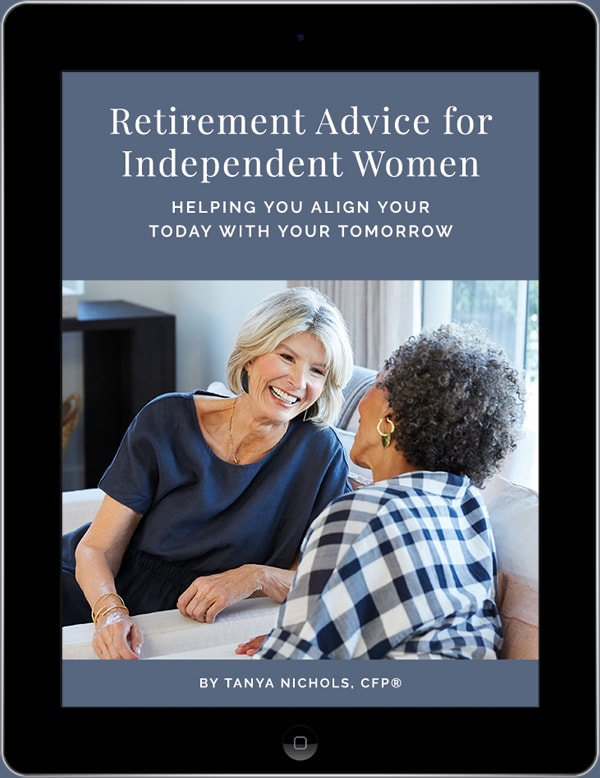The last few years have changed how many of us view life, work, and the balance we’d like to strike between the two.
Indeed, a recent survey from Prudential found that 22% of American workers have changed jobs since the Covid-19 pandemic started. And about a third of those workers said they took a pay cut for a job that gave them a better work-life balance.
Meanwhile, interest in encore careers–that is, working after midlife in a seemingly more fulfilling role–has been on the rise for some time now. While these types of career changes often replace or postpone traditional retirement, about half of encore careers begin even sooner–specifically, between ages 45 and 54, according to research from Encore.org.
Personally, I believe age should never preclude you from following your dreams. After all, if no one over the age of 50 ever tried anything new, we would have missed out on the genius of Julia Child, Laura Ingalls Wilder, and Grandma Moses.
Nevertheless,
5 Considerations When Changing Careers After Age 50:
#1: Income
Workers tend to hit their peak earning years between ages 45 and 64, according to the Bureau of Labor Statistics. In many cases, that’s because they’ve progressed along one career path for many years. Thus, changing careers after age 50 may mean taking a significant pay cut.
Of course, money isn’t the only factor to consider when contemplating a career change. You may be seeking a better work-life balance, more personal fulfillment, or a new challenge. But unless you’re independently wealthy, you’ll want to ensure the numbers make sense before leaving a potentially lucrative career path.
First, consider your earnings prospects in relation to your current lifestyle. If you’ve already paid off your mortgage and other debts and therefore have relatively minimal expenses, a pay cut may not be an issue.
Alternatively, if you’ve experienced lifestyle inflation as your income grows, a pay cut may force you to tighten your belt. As you approach your golden years, you may not want to make the same sacrifices you were willing to make earlier in your career.
In addition, you may have more flexibility to change careers if you have a partner or spouse who earns a stable income. On the other hand, if you’re the sole breadwinner in your household, you may need to weigh the decision more carefully.
The bottom line is income tends to be an important consideration for anyone changing careers after age 50. If you still rely on your earnings to meet your financial obligations, consider how changing careers will affect your finances going forward.
#2: Benefits
In the United States, benefits make up nearly a third of the average worker’s total compensation, according to recent data from the Bureau of Labor Statistics. Meanwhile, healthcare costs continue to rise year after year.
Unfortunately, Medicare only covers a portion of these expenses. According to the Fidelity Retiree Health Care Cost Estimate, the average 65-year-old couple retiring in 2022 may spend approximately $315,000 on health care expenses throughout retirement.
That means your current benefits may be more valuable to you than you realize. And since benefits packages can vary dramatically from one employer to another, changing careers after age 50 may require you to give up more than you think.
Of course, a career change may cause more than just your healthcare costs to rise. Many benefits plans include other types of insurance and incentives that can reduce your personal expenses meaningfully.
In addition to the potential impact on your income, consider how a career change may affect your expenses. If you’re planning to work for a smaller company or yourself, for example, you may lose some or all of your current benefits. Even if your new employer offers attractive benefits, you may not be eligible for all of them right away.
#3: Seniority
Paying your dues is a fact of life when you’re at the beginning of your career. However, you may not have the same drive to prove yourself later in life.
No matter what skills and experience you bring to the table, changing careers after age 50 may mean working your way up the company ladder again. This may affect more than your status at the company. It may also mean working longer hours, losing your voice on important decisions, or deferring to others’ schedules when taking vacation time.
More importantly, having seniority may mean the difference between keeping and losing your job if there’s an economic downturn or company downsizing. Though hard to quantify, these intangible benefits are the payoff for giving your time and energy to one employer year after year.
Before making a career change, consider whether you’ll be giving up your seniority in the process. If so, ask yourself if you’re willing to deal with the potential consequences.
Ultimately, the satisfaction you gain by changing careers may make up for these types of concessions. On the other hand, you may decide your seniority is worth sticking it out for a few more years.
#4: Opportunity for Growth
You may be changing careers after age 50 to ease the transition into retirement, in which case you may not care about your new career trajectory. However, it’s also possible you’re considering a career change because you’re in need of a new challenge. If so, be sure to evaluate your opportunities for growth first.
Unfortunately, age discrimination is a real problem in the United States, and some industries are more susceptible to it than others. For example, approximately 70% of older workers in the technology industry report experiencing or witnessing ageism, according to Zippia.
Age discrimination can present itself in a variety of ways. But a common example is passing over an older worker for a promotion or pay raise, even when it’s well deserved. In extreme cases, ageism may even result in forced retirement.
Changing careers after age 50 is a personal choice, and everyone has their own reasons for pursuing a new path. No matter your goals, consider the likelihood of being able to achieve them in your new career.
#5: Retirement Goals
Lastly, it’s important to revisit your retirement goals when changing careers after age 50. If you plan to stop working in the next five to ten years, will changing careers now affect your timeline? And if it does, are you okay with that?
Perhaps a career change will reenergize you so much that you no longer want to retire. That’s great! Still, there may come a time when you can no longer work–even if you want to–due to declining health or other circumstances. In any event, having sufficient financial resources available to cover your expenses can be a big relief.
Is Changing Careers After Age 50 the Right Decision for You and Your Family?
A career change can be risky at any age. Yet after age 50, the stakes tend to be much higher.
Still, changing careers after age 50 can also have many benefits. You may get to spend more time with loved ones, focus on new hobbies, or give back to your community in ways that feel meaningful to you.
And let’s face it. Changing career paths may even be necessary for your mental health. Reports of employee burnout were ubiquitous at the height of the pandemic, and many workers are still suffering from it. Alleviating that kind of stress from your life can have far-reaching benefits.
Ultimately, only you can decide whether the benefits of a late-in-life career change outweigh the costs. However, a trusted financial advisor like Align Financial can help you understand the financial impact and its potential effect on your retirement plans. To find out more and schedule an introductory appointment, please contact us. We’d love to hear from you.













